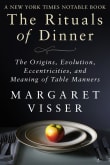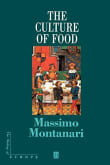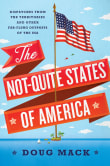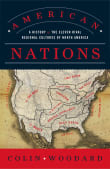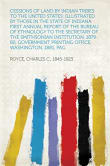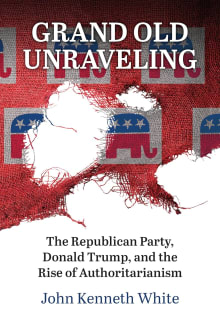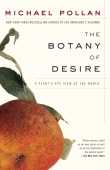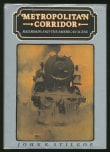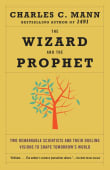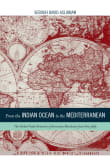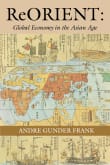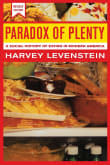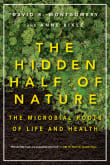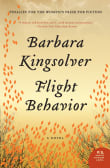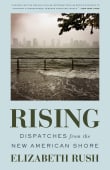Nature's Metropolis
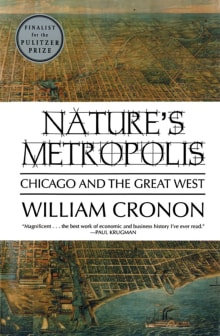
Book description
In this groundbreaking work, William Cronon gives us an environmental perspective on the history of nineteenth-century America. By exploring the ecological and economic changes that made Chicago America's most dynamic city and the Great West its hinterland, Mr. Cronon opens a new window onto our national past. This is the…
Why read it?
7 authors picked Nature's Metropolis as one of their favorite books. Why do they recommend it?

When folks think of the late 1800s West, they think of many things–cowboys, railroads, ranches, gunslingers, and more–but they rarely think about big cities. Bill Cronon’s stunning book forever changes that.
He demonstrates that pretty much no corner of the West could escape the shadow of Chicago–the looming metropolis that ordered so much of Western life. Cows, cowboys, and ranchers all bowed to the Chicago meatpackers. Just about every Western railroad stopped in the city. And farmers across the West planted their fields based on the prices at the Chicago Board of Trade.
Cronon masterfully shows that country…
From Tore's list on the Wild West and turning the myths upside down.

Nature’s Metropolis is a rare work that transforms scholarship, yet whose easy flow and engaging tone make it approachable for non-specialists.
Its main arguments —how humans and cities are embedded in nature, the interwoven, strained ties between rural and urban, and how technologies transformed our connection to nature— are guiding themes of my own work.
Reading the passage in this book about a sack’s journey, on how grain moved from farm to market before and after the appearance of the train in the West, was the spark that lit my imagination on how packaging transformed modern foodways.
From Xaq's list on explain the origins of our industrial food system.

A book that forever changed how I viewed the United States, this seminal work of history showed how the expansion of the railroads helped make Chicago into the center of nationwide commodity trade.
The rise of Chicago as a mercantile capital had a profound effect on the ecology of the surrounding countryside: prairie grass was cut up and replaced with endless fields of corn and wheat, old forests in Wisconsin were felled down to their stumps, and buffalo were eradicated to create room for cows to graze.
From Jake's list on modern society’s relationship with nature.
If you love Nature's Metropolis...

Nature’s Metropolis is quite simply one of my all-time favourite books on food history.
It tells the remarkable story of how geography and railways merged in the nineteenth century to transform the American Midwest into the world’s breadbasket and to make Chicago a meatpacking centre on a truly epic scale – thus becoming the birthplace of the industrial food system.
It’s a fascinating and gripping tale, beautifully written and with any number of insights – if you want to understand the origins of our modern food system, with its deadly monocultures, factory farms, global corporations, and trade monopolies, look no…
From Carolyn's list on how food shapes our lives.

This classic work on economic geography by William Cronon demonstrates how the city of Chicago and the American West developed together. It is a history of the relationship Chicago had with the rest of America in the nineteenth century by looking at the flow of grain, lumber, and meat. The key role of the railroads is also featured as well.
From Yasuhiro's list on cities, their trades, and world trade.

Cronon, a professor at the University of Wisconsin, explains how Chicago grew up in a symbiotic relationship with the surrounding rural states. He argues that environmental historians have got to be as interested in cities as they are in the wilderness and that one of the central themes of American history is the transformation of things that grow (including animals and plants) into abstract commodities that can be bought and sold in bulk. No one has done more than Cronon to advance the intelligent study of environmental history and to create for it a sophisticated theoretical framework. This book is…
From Patrick's list on understanding American environmental history.
If you love William Cronon...

This book really jogged the way I look at maps and contributed to my wondering about boundaries. Using Chicago as his base point, William Cronon breaks apart one of the fundamental geographic borders in our minds: urban versus rural. He shows just how interconnected we are -- including those “parasites” we call middlemen, by explaining (and making interesting!) the Chicago Commodities Exchange.
From Mark's list on boundaries.
Want books like Nature's Metropolis?
Our community of 12,000+ authors has personally recommended 100 books like Nature's Metropolis.



